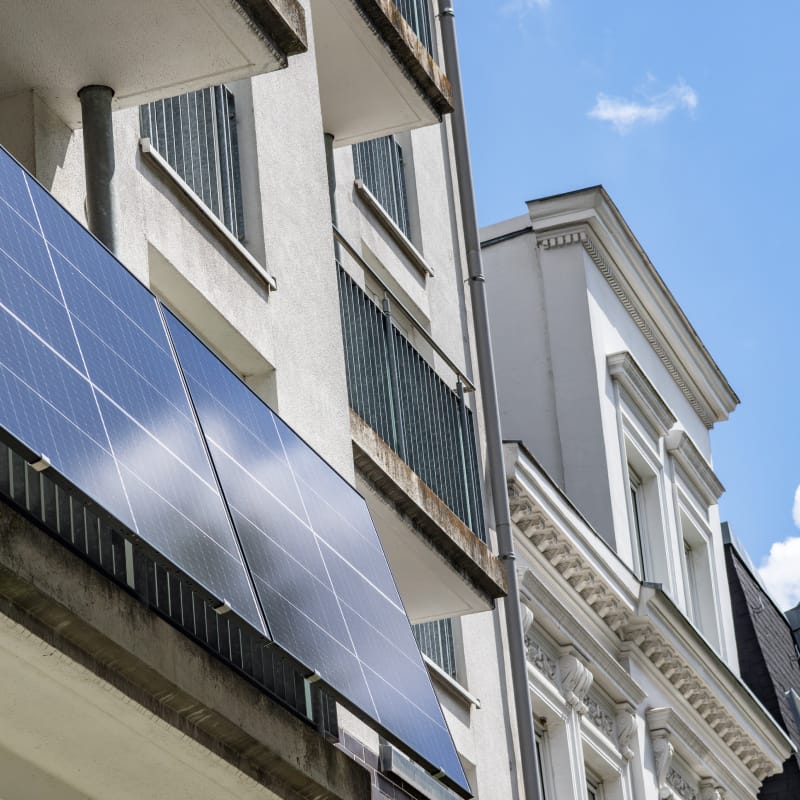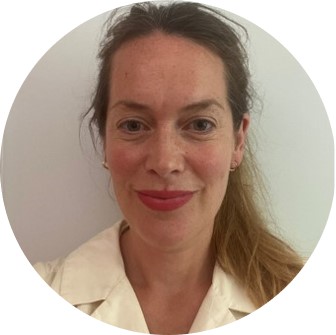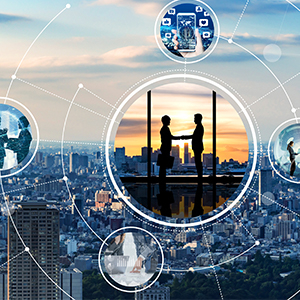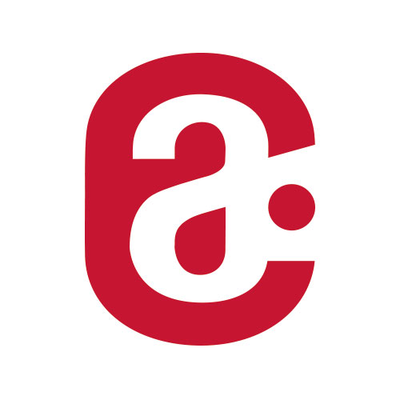When you are not working as an IP, what do you do?
I am the co-CEO of the social startup, Direct Coffee, that I founded with my wife, Marie, two and half years ago. We import forest coffee directly from African smallholders, roast it in Switzerland and sell it online on directcoffee.net as beans, powder or biodegradable Nespresso-compatible capsules.
I spend hours in the Jeep on bumpy roads in Ethiopia or Madagascar, going to remote places to find stunning forest coffees and meet the people who grow it. I speak with the farmers, cooperative leaders and with members of the community to figure out their reality. From these experiences, the coffee is 100% traceable and each one has a story that goes beyond the obvious: What is it like to live as a coffee farmer? What do they love about it? What are their challenges as a farmer, as a cooperative and as a community?
The direct trade allows us to make sure that the maximum amount of money stays with the farmers’ families and does not end up in the pockets of middlemen. In addition, for each package our customers buy, they support one child of the coffee farmers through health and education projects we implement with technical partners.
We call our concept Fairtrade 2.0 – as our customers do not rely on anonymous labels and have the opportunity to join us on a coffee trip to meet the producer communities in Ethiopia. By exchanging with the people at the other end of the value chain, consumers and producers are usually surprised about how much they have in common and about their previous misconceptions. The trip also acts as a trustworthy signal for all our customers who know they can meet our partners and see with their own eyes that their coffee is a good deal for everyone involved – including nature.
How did you come up with the idea of starting a social start-up?
It all started in July of 2015, during our honeymoon trip in Ethiopia. We fell in love with the country, its cultural richness and open-minded, entrepreneurial people. Ethiopia is the biological birthplace of Arabica coffee and we quickly came up with the idea to sell this incredible product to finance social projects.
Fast forward, two months later, we were walking through the coffee forests, cupping to select “our” coffee, making a deal with the farmers to import 2 tons and meeting partners to implement our social projects. And in June 2016 our coffee arrived! We chose the roast profile with our maître-torréfacteur and delivered to our first customers. As coffee is a daily treat, we decided to offer a flexible subscription: sustainable coffee freshly roasted, delivered to your mailbox as often as needed, for homes and for offices.
How does being an IP influence your social start-up and how does your social start-up influence your IP-career?
To be free and do the things the way we think makes the most sense, we chose to bootstrap (and we are still self-funded so far). We put all our eggs in one basket, both working 100% for Direct Coffee. That allowed us to focus – but also put us under pressure to create a product that attracts and keeps our customers to generate cash flows. And it worked out: most of our subscribers say they could not imagine getting coffee from somewhere else and word-of-mouth is our first source of new clients. Now that the business is up and running, being an IP allows me to deep dive in other topics, meet and work with other people. Through working with talented people, I get new ideas and challenging discussions regarding my business model and growth strategy. As an IP, I can take a step back from the day-to-day duties in order to come back with fresh ideas and motivation. In addition, it generates extra cash that I can invest to try new products or marketing instruments.
As an IP, your work is leveraged and likely has a larger impact. However, as an entrepreneur, you are responsible for success from A to Z, and you are obliged to find pragmatic solutions focusing on execution. As a social startup, we systematically include business, human and nature in our decisions. I believe that all this affects the way I work with clients as an IP.
What was your best moment since you founded Direct Coffee in 2016?
The time spent in Africa. We were able to organize a professional eye check for 2500 kids and offer them adapted glasses at a subsidized price. Given the frontal chalk-and-talk teaching style in Ethiopia, the students who cannot read the black board are excluded and more likely to drop out of school.
We put a lot of effort in the preparation of these health days, but did not know if the coffee farmers would be willing to pay for eyeglasses, as they did not realize that children might need them. We did not want to provide the glasses for free, as everybody would have taken them. Therefore, we put many efforts upfront in communicating with the community and getting trust leaders to explain the utility for shortsighted kids. When I saw one of the girls with the eyeglasses her father had just bought, it was an incredible relief. I knew that it would work. Finally, all the kids who needed eyeglasses got their parents to buy them. I always come back from Africa with a huge amount of energy, motivation and optimism.
What were the biggest challenges since you founded Direct Coffee in 2016?
Reaching new customers. As we did not have any marketing budget at the beginning, we needed to find creative ways to get our voice heard in the middle of industry giants. Fortunately, it seems that the people liked our open approach to sustainability and felt inspired by our story. We received a lot of engaged support from our customers: some organized a collective coffee purchase to present us to their colleagues; others invited us to do a slideshow cum degustation at their place, or recommended to their bartender friend to contact us.
Another challenge has been to differentiate our communication from our competitors so that people feel a true connection with farmers thousands of kilometers away. For that, I can count on my talented wife and business partner, Marie! We form a good team: I love asking questions and finding out how the things work, while Marie is unbeatable in narration. In addition, through the eyes of our coffee-trip participants, we reach another level of authenticity.
Any advice from one entrepreneurial IP to the others?
I want to motivate all the IPs who feel they have an entrepreneurial spirit who may not have explored it yet: go ahead and do it! A career as an IP offers the perfect balance to launch your venture. Focus on your business when you want to launch new products and partnerships, and then work as an IP to give the business time to develop with a reliable partner.
And last but not the least, are you drinking more or less coffee now?
I am drinking better coffee, but not more coffee. Usually three coffees per day. Two in the morning and one after lunch. I enjoy experimenting with brewing methods such as a Chemex filter, Aeropress or Cold brew. We offer the accessories we prefer in our shop. The only trouble is that I cannot drink coffee from standard office machines anymore… professional bias I guess!









